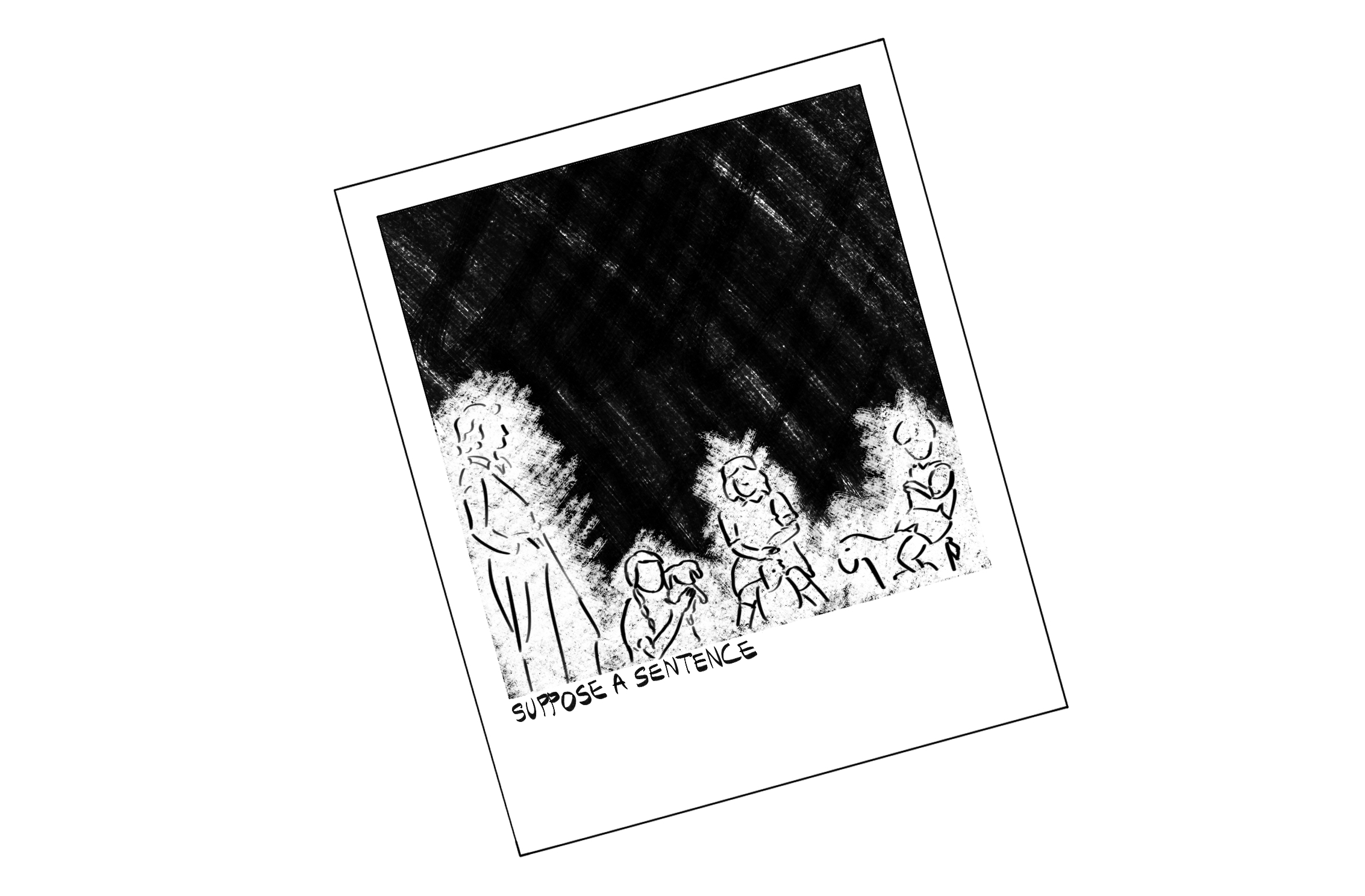Imagining Manderley
February 16, 2024
 Henry Abbott
Henry Abbott“Last night I dreamt I went to Manderley again.” – Daphne du Maurier, “Rebecca”
So begins my favorite book.
Widely held as one of the greatest opening lines in fiction, du Maurier inserts the reader immediately into the dream-like world of Manderley—a world filled with sinister whimsy, where ghosts toy with the accuracy of memory.
Rebecca is not the main character of Daphne du Maurier’s “Rebecca.” Or, at least, she is not the primary protagonist of the novel, though her presence, in a dream-like manner, lingers over its pages. The mystery is narrated instead by a woman who acquires a name only once she marries. The reader follows Mrs. de Winter’s move to the coastal estate at Manderley and unearthing of the ghostly echoes of her husband Maxim’s late wife: Rebecca.
Rebecca is the bright and rosy counterpoint to Mrs. de Winter’s pallidness. In comparison to Rebecca’s elegance, Mrs. de Winter feels herself not to be the right sort of woman (or, really, a good enough woman at all). Mrs. de Winter is so insufficiently certain of her identity that she does not even feel herself deserving of a first name in her own retellings of the past.
Fitting for a book that recalls a complicated past, this first sentence is filled with time. As Ralph Waldo Emerson wrote in his journal, a century before du Maurier but embodying the immersive nature of her opening line: “The maker of a sentence … launches out into the infinite and builds a road into chaos and old Night, and is followed by those who hear him with something of wild, creative delight.” The infinite mystery of “Rebecca” is cracked open before the book arrives at its first period. The story, in all of its chaos and wild creativity, demands to be followed. Mrs. de Winter (still unmarried and so unnamed on this first page) goes to Manderley “again,” and so the reader is made aware that she has been there before, though when before we do not yet know.
Later in the first paragraph, Mrs. de Winter writes that Manderley could not ever be blurred in her memory: “Time could not wreck the perfect symmetry of those walls, nor the site itself, a jewel in the hollow of a hand.” Du Maurier called upon the clarity of her own memory in making Manderley from the model of the Menabilly estate upon which she lived as a young woman. Perhaps du Maurier dreamt of Menabilly, too. Like one learning a foreign language who, in newfound fluency, comes to speak it in their dreams, Mrs. de Winter has learned the language of Manderley so thoroughly that it has entered even her subconscious life. It is the haunted home of which she cannot help but dream. For a reader whose dreams are sometimes all too real and always remembered, this cannot help but resonate.
Like de Winter and du Maurier, I have committed Manderley to memory. The first time I read “Rebecca,” I read it twice—in immediate succession. It was late July, and I spent long afternoon hours lying in the hammock in my grandparents’ backyard in Connecticut, flying through the pages. I have read it two further times since that initial double feature. The characters have taken on new forms, growing more embodied upon each reading. Mrs. de Winter, though nameless, grows fuller—her love of Maxim and desire for place emerge as no longer naïve. Upon reflection, I long for another visit to the haunted home of Mrs. de Winter’s memory. I wonder what I may discover in its darkened hallways. I, too, dream of going to Manderley again.

Comments
Before submitting a comment, please review our comment policy. Some key points from the policy: